The future of warehousing: Automation, robotics and energy efficiency
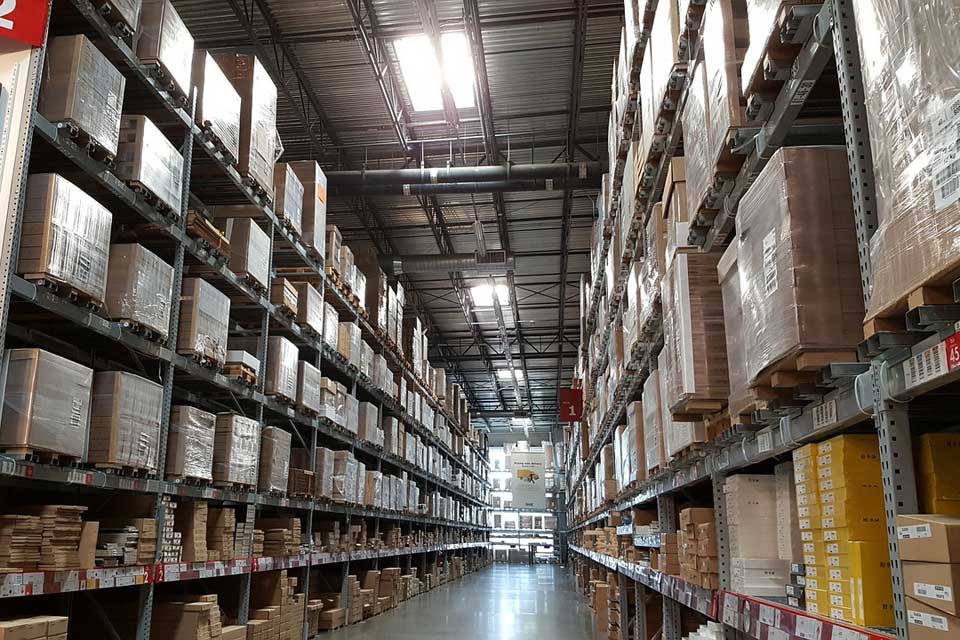
The rise of e-commerce is underway and impacting our highstreets – even before the rise of Covid-19. Due to the pandemic, the shift from physical shops towards online spending has accelerated by an average of five years. In 2020, 87% of UK households made purchases online and recent statistics show that 70% now prefer it. […]
PALLITE adds SLOTS to PIX range
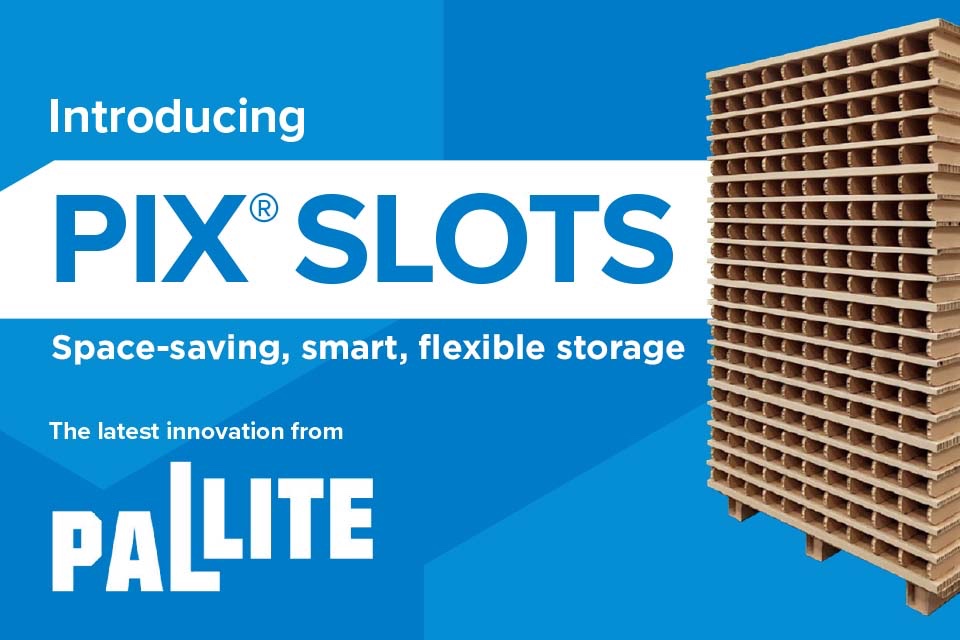
PALLITE®, designer and manufacturer of the popular PIX® range of flexible warehouse storage solutions, is expanding the brand range to include PIX® SLOTS, to meet the demands of businesses storing small and lightweight products, such as the fashion and beauty industry. PALLITE® launched its PIX® range over two years ago and has since taken the […]
PALLITE unveils PIX SLOTS warehouse storage solution
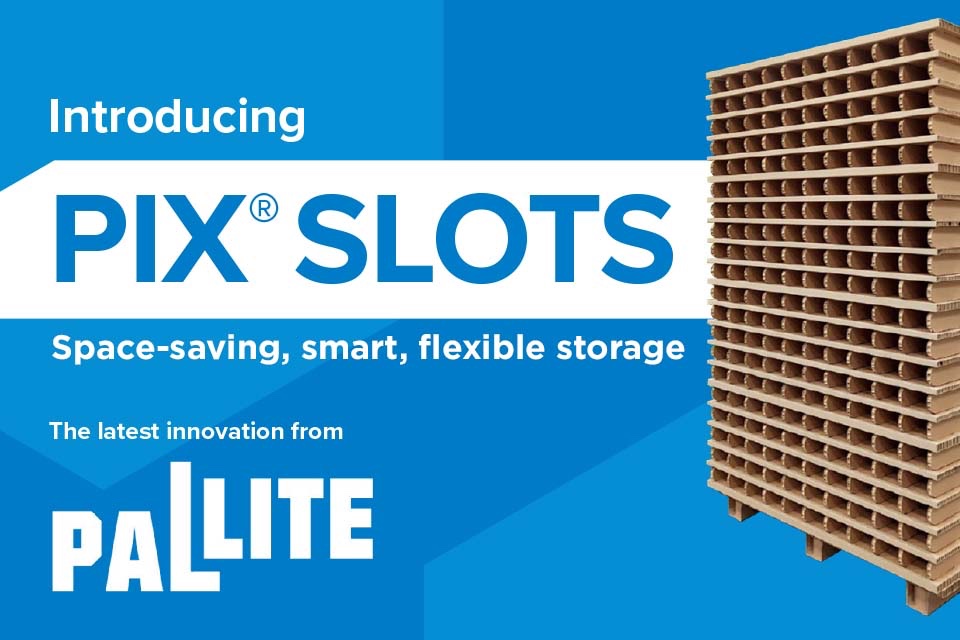
PALLITE, designer and manufacturer of the popular PIX range of flexible warehouse storage solutions, is expanding the brand range to include PIX SLOTS, to meet the demands of businesses storing small and lightweight products, such as the fashion and beauty industry. PALLITE launched its PIX range over two years ago and has since taken the […]
Playing it cool on storage
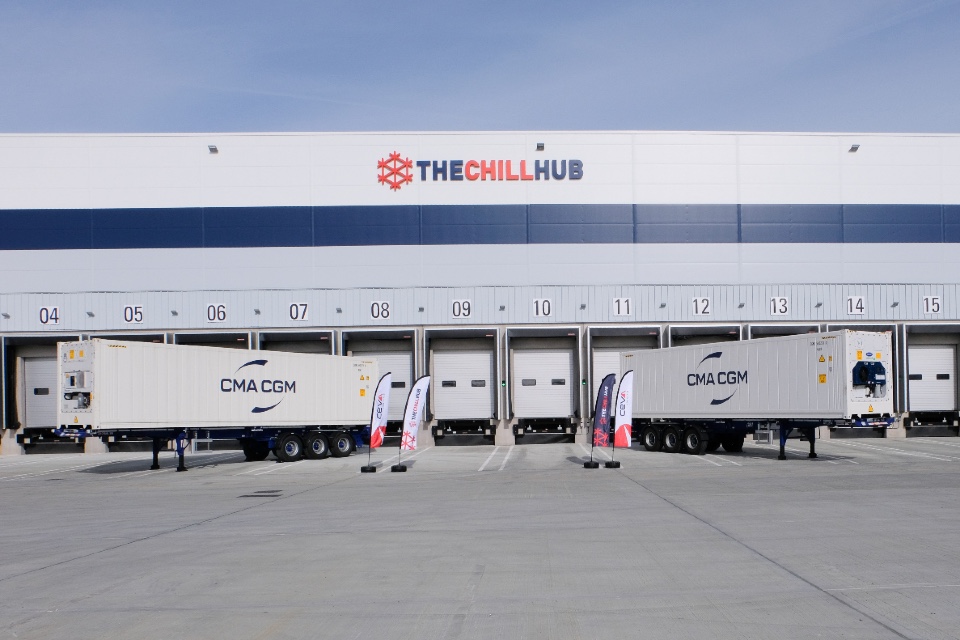
By CEVA Logistics CEVA Logistics’ conveniently positioned portside multi temperature 10,000m2 storage facility The Chill Hub, situated at the London Gateway Port way, offers up to 10,000 pallet positions featuring seven independent chambers capable of operating at all temperature ranges, from -25°C through to +16°C. Since opening just over a year ago, the company says […]
How Hazel 4D’s Intelligent Load Stability system is the risk-free choice in pallet-wrapping
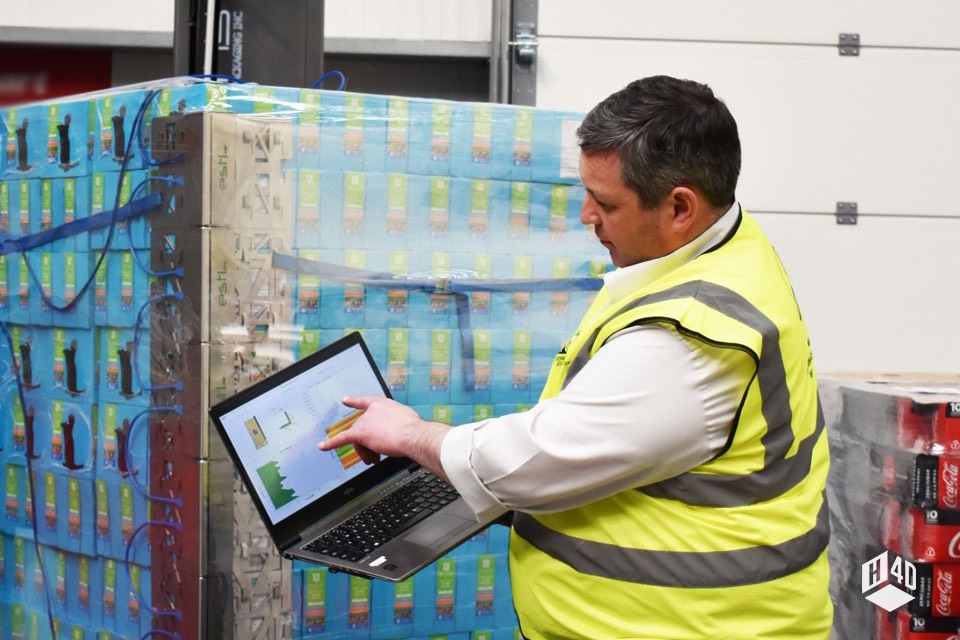
By HAZEL 4D In buying and procurement, you’re under constant pressure to make the right choices – the most efficient, effective, robust or low-risk… so what if we were to say that when it comes to pallet-wrapping we could answer all of those needs? We challenged ourselves, with some help from our customers, to see […]

